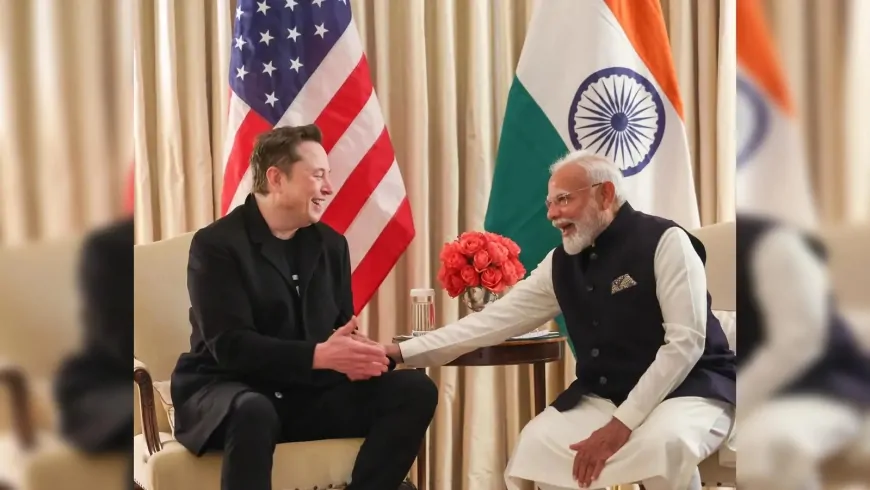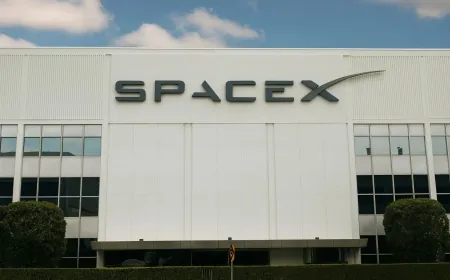India Slashes EV Import Taxes – Tesla Wins, Local Carmakers Lose?
India is set to cut EV import taxes to secure a US trade deal, a win for Tesla but a big worry for local carmakers.

India is moving ahead with plans to lower import taxes on electric vehicles (EVs) to help secure a key trade deal with the United States. This decision has upset Indian carmakers, who have been pushing for the government to keep tariffs high until at least 2029 to protect their investments.
Right now, India imposes import duties of up to 100% on EVs. Local manufacturers want these duties to be gradually reduced to 30% over several years, but officials seem determined to cut them more quickly as part of trade discussions with Washington. The move marks a major shift in India’s approach to foreign competition in the auto sector.
Balancing Trade and Local Industry
A government official pointed out that India’s auto industry has been protected for a long time, and opening up the market could boost economic growth. While exact numbers for the tariff cuts haven’t been revealed, the decision is expected to make it easier for foreign car brands to compete in India.
The plan also aims to improve relations with the US, especially since American leaders have criticized India’s high trade barriers. One of the biggest beneficiaries of this move would be Tesla, which has been preparing to enter the Indian market with showrooms in Mumbai and New Delhi. Tesla has long argued that high import duties make it impossible to sell its cars in India without setting up a factory there.
Indian Carmakers Fear More Competition
While lower tariffs may bring more investment and a wider range of EVs to India, they pose a challenge for homegrown manufacturers like Tata Motors and Mahindra & Mahindra. These companies have invested heavily in developing EVs locally and argue that cheaper imports will make it harder for them to compete.
Industry experts also worry that if India agrees to reduce tariffs for the US, it could set a precedent for trade talks with the European Union and the UK, allowing even more foreign automakers to enter the market. India’s EV industry is still small but growing fast—electric cars made up just 2.5% of total sales last year, but the government wants this number to reach 30% by 2030.
Impact on Local Manufacturing
India has been supporting domestic EV production with subsidies and tax breaks to encourage local manufacturing. Many automakers argue that if tariffs are cut too soon, it could hurt these efforts by making imported EVs much cheaper than locally produced ones, discouraging investment in Indian factories.
Some carmakers are open to reducing import duties on gasoline-powered vehicles in phases. However, they insist that EV tariff cuts should be handled carefully, as they are closely linked to the government’s incentives for local production, which are in place until 2029.
The government now faces a tough choice—attracting foreign investment and securing global trade deals while protecting local manufacturers. How it handles this decision will shape the future of India’s EV industry and its position in the global market.
Also Read: U.S. Pressures India to Cut Car Tariffs as Tesla Eyes Market Entry































































